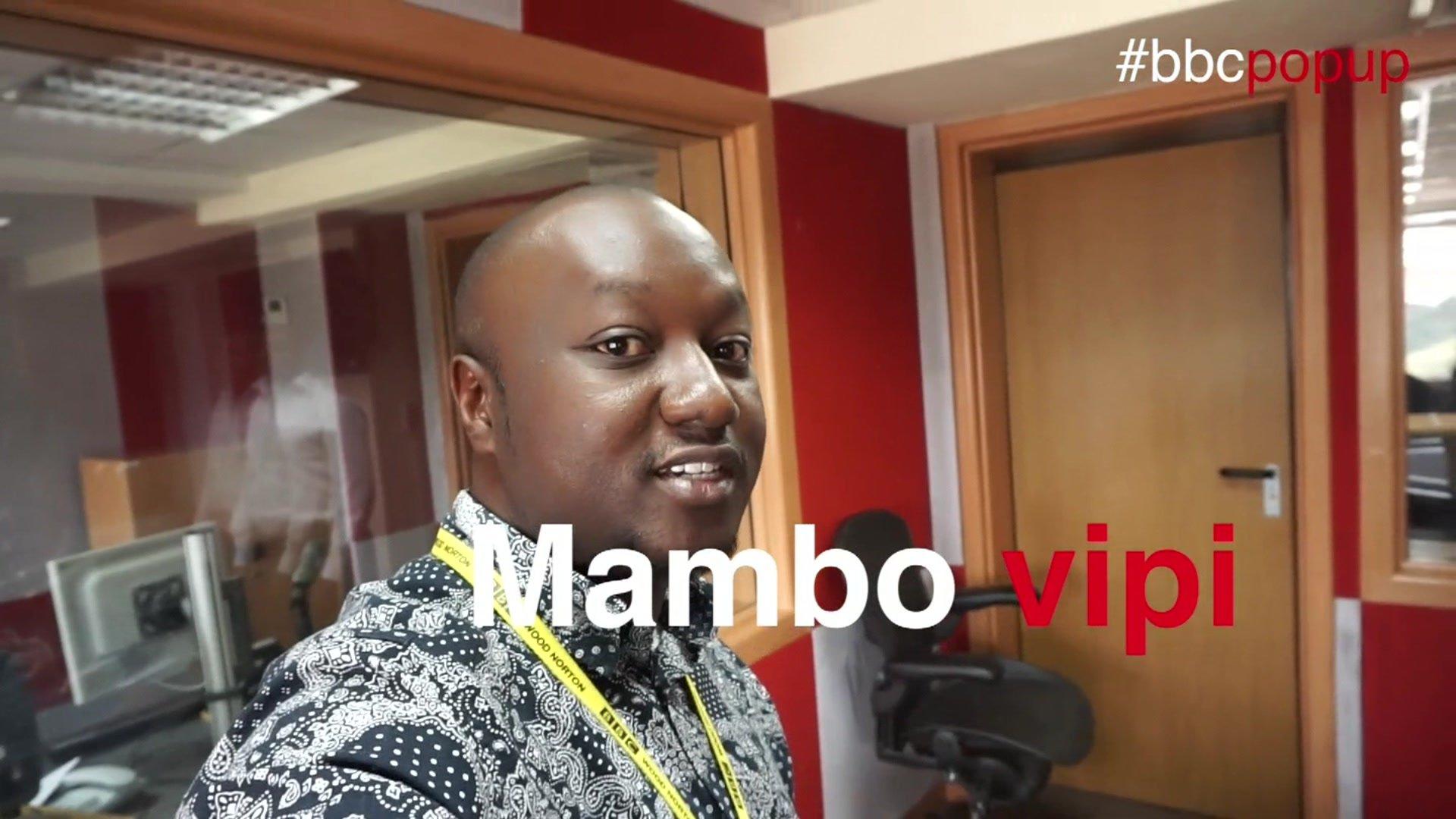Obama warns on Africa leaders refusing to step down
- Published
Barack Obama: "Nobody should be president for life"
US President Barack Obama has ended his visit to Africa by warning the continent will not advance if its leaders refuse to step down when their terms end.
"Nobody should be president for life," Mr Obama said.
He was speaking at the African Union's headquarters in Ethiopia's capital, Addis Ababa, the first time a sitting US president has addressed the body.
Earlier in the trip, Mr Obama visited Kenya, the homeland of his late father.
"I don't understand why people want to stay so long, especially when they have got a lot of money," he told the 54-member AU, an apparent criticism of African leaders who have done just that.
Calling on the AU to ensure leaders respect their constitutions and step down when their term ends, Mr Obama specifically mentioned Burundi, whose president Pierre Nkurunziza has controversially been re-elected for a third term.
"Sometimes you will hear leaders say 'I'm the only person who can hold this nation together.' If that's true, then that leader has failed to truly build their nation."
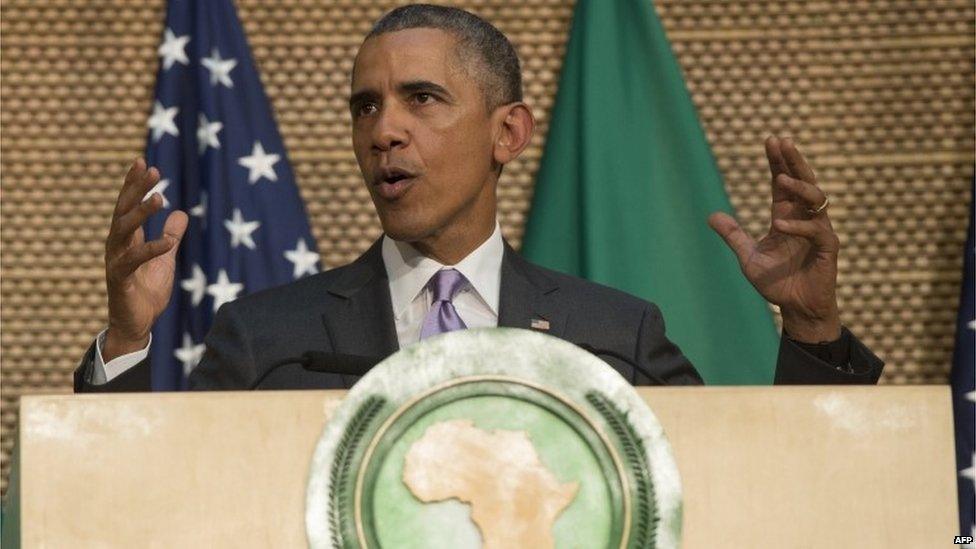
Mr Obama's address ends his visit to Africa
He said democracy was about more than just holding elections: "When journalists are put behind bars for doing their jobs or activists are threatened as governments crackdown on civil society then you may have democracy in name, but not in substance."
And he joked about his own chances of another term in office, which he is constitutionally barred from seeking.
"I actually think I'm a pretty good president,'' he said. "I think if I ran, I could win. But I can't!"

Analysis: Karen Allen, BBC News, Addis Ababa
President Obama reminded me of a steam engine gathering speed as it approached its destination.
He had come to the AU to pay tribute to Africa's huge potential, the vibrancy of its youth and the impressive rates of economic growth in some countries. But he also wanted to deliver another message. Diplomacy was dispensed with and he faced the wind.
He warned that leaders who overstayed their terms in office "were not beyond the law", citing Burundi as an example.
Yet he neutralised the sting with a bit of self-deprecation. Who would want to stay in office for longer? He knows a thing or two about such things.
Some in the audience emerged blinking in disbelief that he had talked with such candour. A university student I chatted to confided that he was afraid of applauding in case anyone was watching him. Such is the level of paranoia and fear of intelligence officials here.
"I was looking around and I was wondering 'should I clap?'" he said. The expression on his face gave it away. It felt good, he said.

Mr Obama also called for an end to the "cancer of corruption", saying it was the key to unlocking Africa's economic potential.
The money could be used to create jobs and build schools and hospitals, Mr Obama said.
The rapid economic growth in Africa was changing "old stereotypes" of a continent hit by war and poverty, he said.
But unemployment needed to be urgently tackled on a continent whose one billion people will double in a few decades, Mr Obama said.
"We need only look to the Middle East and North Africa to see that large numbers of young people with no jobs and stifled voices can fuel instability and disorder," he added.
In echoes of his speech in the Kenyan capital Nairobi, Mr Obama condemned the repression of women, saying the "single best indicator of whether a nation will succeed is how it treats its women".
His address to the AU marks the end of his five-day visit to Africa.
The trip has focussed heavily on trade and security, but he also found time in Kenya to meet relatives of his father, including his half-sister Auma.



- Published28 July 2015
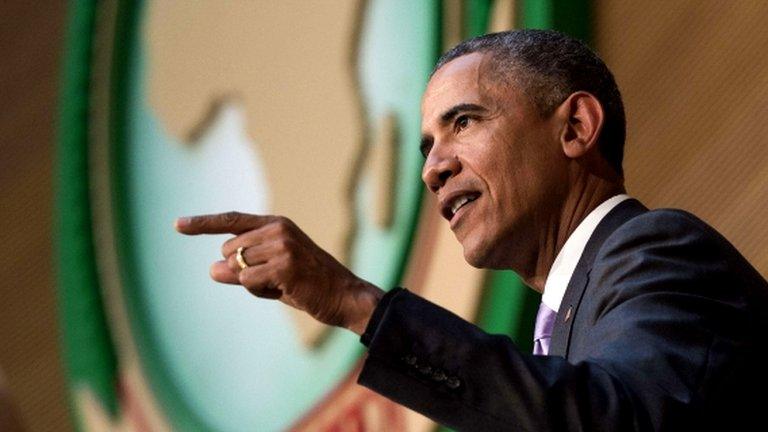
- Published23 July 2015
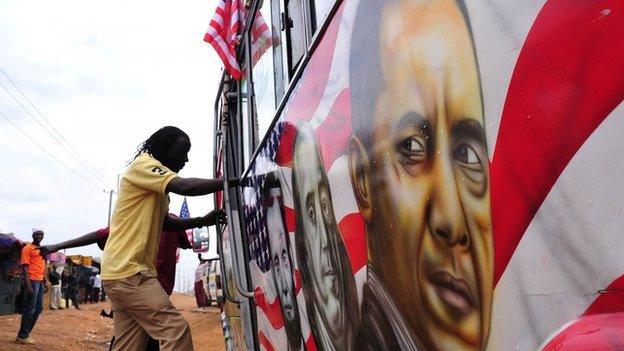
- Published24 July 2015
- Published21 July 2015
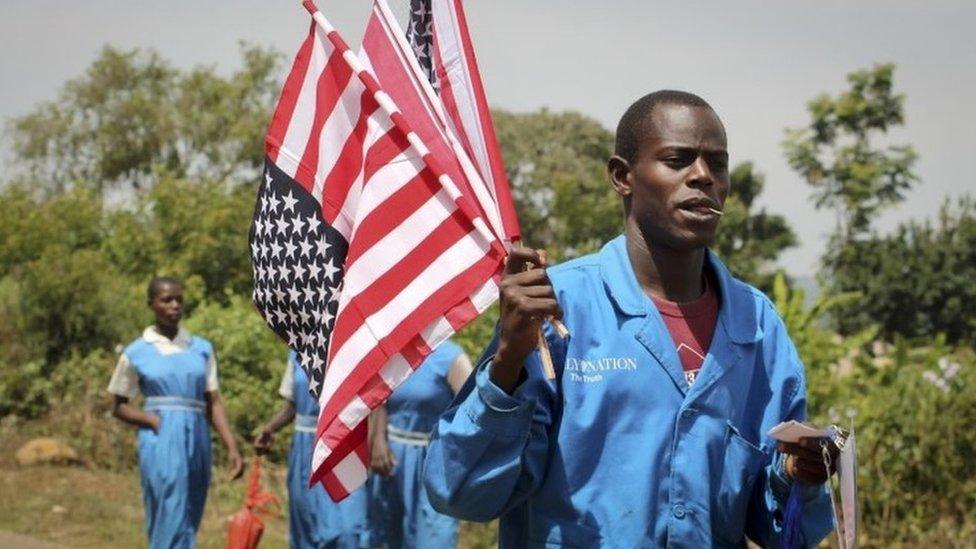
- Published23 July 2015
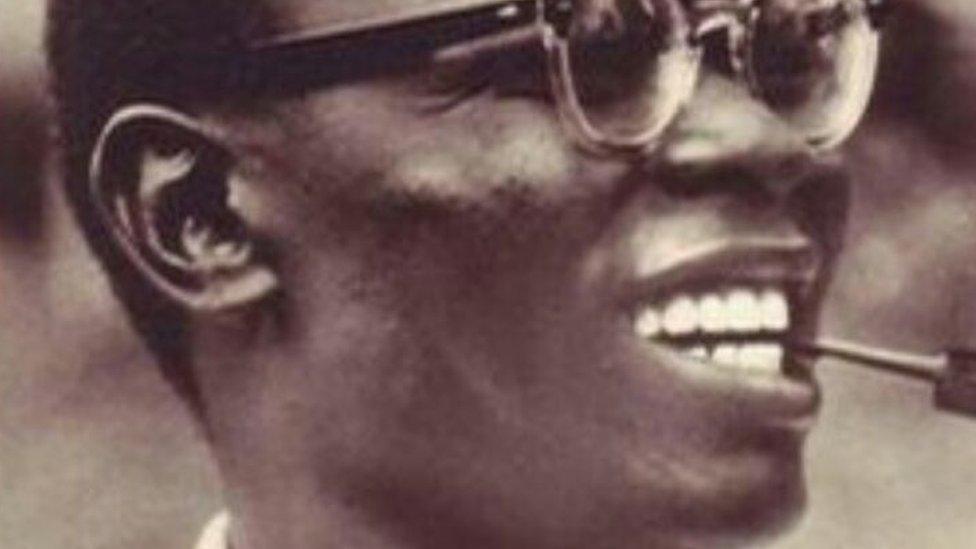
- Published6 July 2015
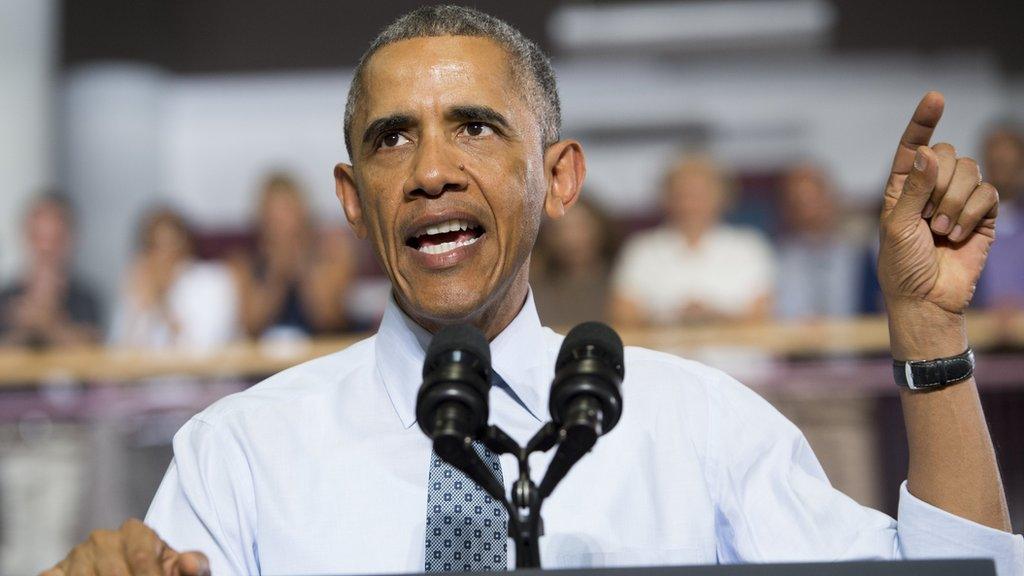
- Published22 July 2015
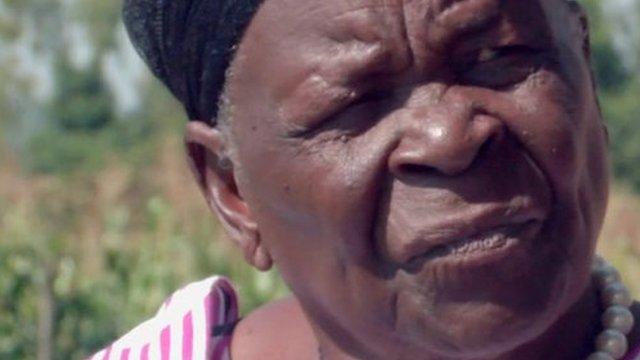
- Published17 July 2015
